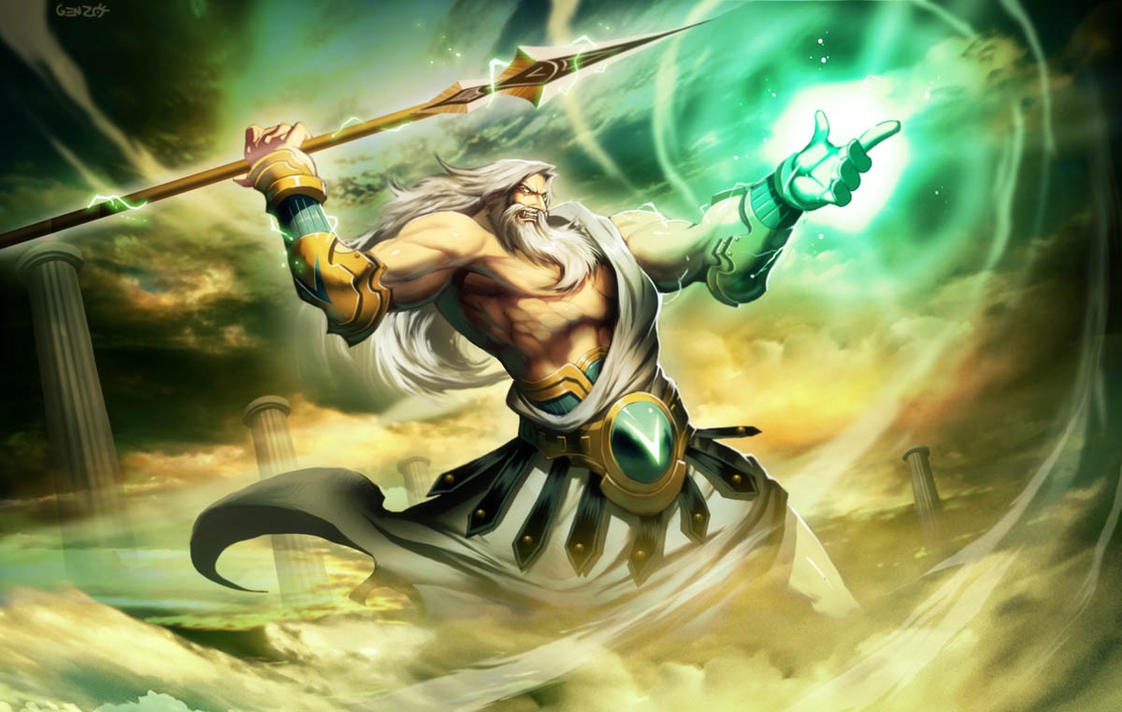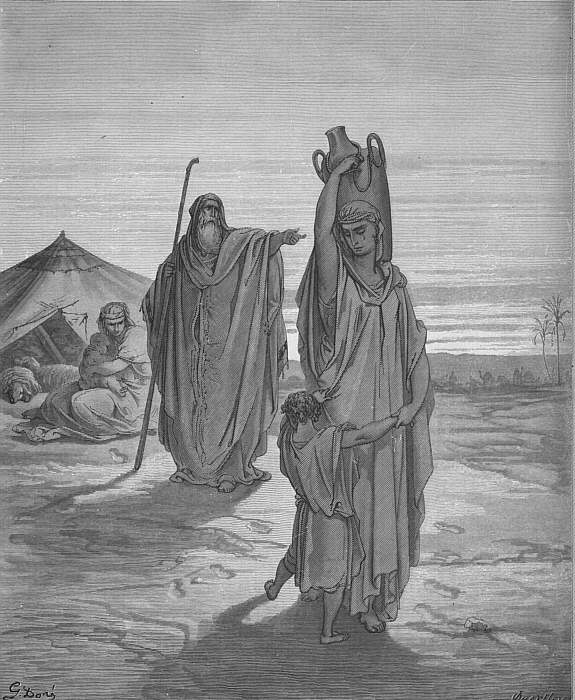The Olympians
The
Olympians are a group of 12 Greek gods who ruled after the overthrow of
the Titans. All the
Olympians are related in
some way. They are named after their dwelling place Mount Olympus.
- Zeus
- Poseidon
- Hades
- Hestia
- Hera
- Aris
- Athena
- Apollo
- Aphrodite
- Hermes
- Artemis
- Hephaestus
Zeus
Zeus was the god of the sky and ruler of the Olympian gods. Zeus
overthrew his Father Cronus. He then drew lots with his brothers
Poseidon and Hades.
Zeus won the draw and became the supreme ruler of the
gods. He is lord of the sky,
the rain god. His weapon is a thunderbolt which he hurls at those who
displease him. He is married to Hera but, is
famous for his many affairs.
He is also known to punish those that lie or break oaths.
Zeus, the great presiding deity of the universe, the ruler of
heaven and earth, was regarded by the Greeks, first, as the god of all
aerial phenomena; secondly, as the personification of the laws of
nature; thirdly, as lord of state-life; and fourthly, as the father of
gods and men.As the god of aerial phenomena he could, by shaking his aegis, produce storms, tempests, and intense darkness. At his command the mighty thunder rolls, the lightning flashes, and the clouds open and pour forth their refreshing streams to fructify the earth.
As the personification of the operations of nature, he represents those grand laws of unchanging and harmonious order, by which not only the physical but also the moral world is governed. Hence he is the god of regulated time as marked by the changing seasons, and by the regular succession of day and night, in contradistinction to his father Cronus, who represents time absolutely, i.e. eternity.
As the lord of state-life, he is the founder of kingly power, the upholder of all institutions connected with the state, and the special friend and patron of princes, whom he guards and assists with his advice and counsel. He protects the assembly of the people, and, in fact, watches over the welfare of the whole community.
As the father of the gods, Zeus sees that each deity performs his or her individual duty, punishes their misdeeds, settles their disputes, and acts towards them on all occasions as their all-knowing counsellor and mighty friend.
As the father of men, he takes a paternal interest in the actions and well-being of mortals. He watches over them with tender solicitude, rewarding truth, charity, and uprightness, but severely punishing perjury, cruelty, and want of hospitality. Even the poorest and most forlorn wanderer finds in him a powerful advocate, for he, by a wise and merciful dispensation, ordains that the mighty ones of the earth should succour their distressed and needy brethren.





 Faith, Sacrifice, Commitment and
Patience.
Faith, Sacrifice, Commitment and
Patience.






